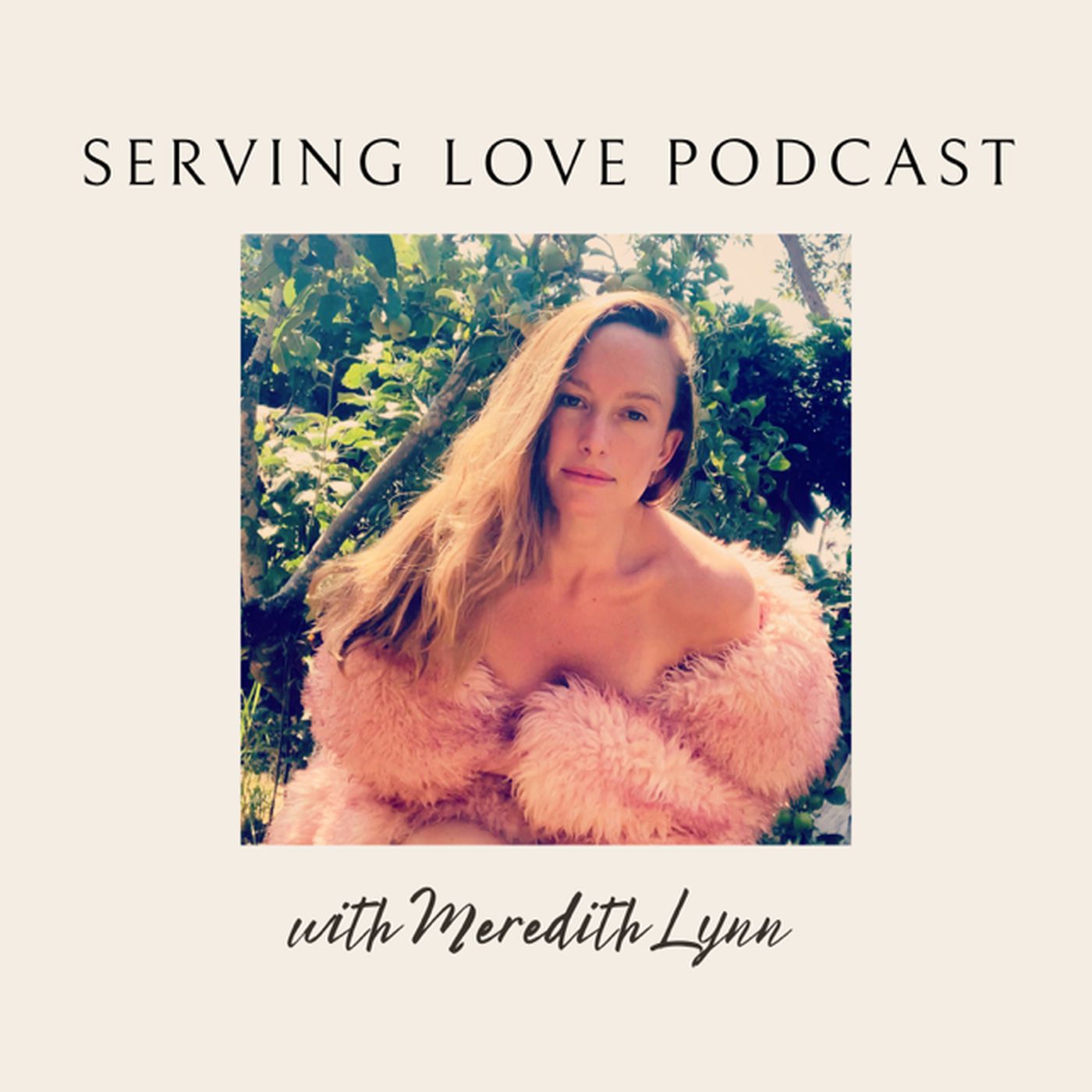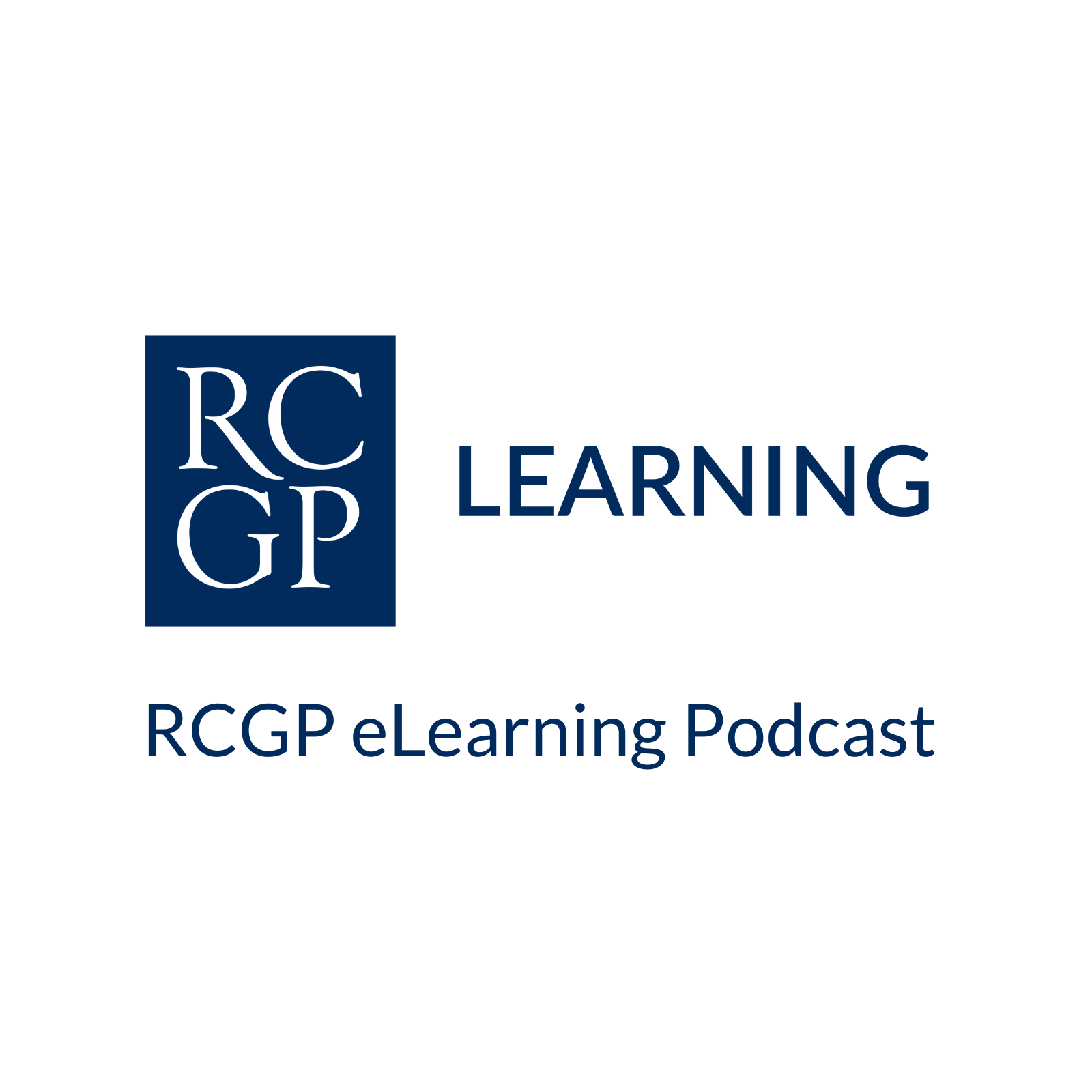Continuum Audio: Treatment of Alzheimer Disease With Dr. David Geldmacher
Description
Anti-amyloid therapies provide the first FDA-approved option to alter AD pathology, but an understanding of overall utility and value to patients remains in its infancy.
In this episode, Teshamae Monteith, MD, FAAN, speaks with David S. Geldmacher, MD, FACP, FANA, author of the article “Treatment of Alzheimer Disease” in the Continuum® December 2024 Dementia issue.
Dr. Monteith is the associate editor of Continuum® Audio and an associate professor of clinical neurology at the University of Miami Miller School of Medicine in Miami, Florida.
Dr. Geldmacher is a professor and Warren Family Endowed Chair in Neurology and the director of the Division of Cognitive and Behavioral Neurology, Department of Neurology, Marnix E. Heersink School of Medicine at the University of Alabama at Birmingham in Birmingham, Alabama.
Additional Resources
Read the article: Treatment of Alzheimer Disease
Subscribe to Continuum: shop.lww.com/Continuum
Earn CME (available only to AAN members): continpub.com/AudioCME
Continuum® Aloud (verbatim audio-book style recordings of articles available only to Continuum® subscribers): continpub.com/Aloud
More about the American Academy of Neurology: aan.com
Social Media
Host: @headacheMD
Transcript
Full interview transcript available here
Dr Jones: This is Dr Lyell Jones, Editor-in-Chief of Continuum, the premier topic-based neurology clinical review and CME journal from the American Academy of Neurology. Thank you for joining us on Continuum Audio, which features conversations with Continuum's guest editors and authors who are the leading experts in their fields. Subscribers to the Continuum journal can read the full article or listen to verbatim recordings of the article and have access to exclusive interviews not featured on the podcast. Please visit the link in the episode notes for more information on the article, subscribing to the journal, and how to get CME.
Dr Monteith: This is Dr Teshamae Monteith. Today, I'm interviewing Dr David Geldmacher about his article on treatment of Alzheimer's disease, which appears in the December 2024 Continuum issue on dementia. Welcome to our podcast, Dr Geldmacher. How are you?
Dr Geldmacher: I’m very well, thank you. It's a pleasure to be here.
Dr Monteith: Yeah. So, why don't you introduce yourself to our audience?
Dr Geldmacher: Sure. I'm David Geldmacher. I'm a professor of neurology at the University of Alabama in Birmingham and I lead the division of Cognitive and Behavioral Neurology.
Dr Monteith: So, I'm really excited about this, to personally learn, and I know that or neurology community is also really excited about this interview. So, why don't we start off with your main objective.
Dr Geldmacher: So, my main goal in the article was to review the FDA-approved pharmacologic treatments for dementia. There's lots of ways of thinking about treatment of dementia; psychosocial, caregiver support, and so forth. But I really wanted to focus on the issues of drug treatment because that's what has been our backbone for a long time and now has recently expanded.
Dr Monteith: Why don't we talk a little bit about, first of all, the boom in the field? What's that been like?
Dr Geldmacher: So, the big change in the field is over the last several years, we've had treatments become available that actually attack the underlying Alzheimer pathology, and that's new and different. For decades, we've been able to treat the symptoms of the disease, but this is the first time we've really been able to get to the root of the pathology and look toward removing amyloid plaques from the brain.
Dr Monteith: Let's step back a little bit and talk about the framework of diagnosis and how that leads into the therapeutic potential. I know you're going to dive into some of the biologics, but we should probably talk about the kind of holistic approach to considering the diagnosis.
Dr Geldmacher: Sure. So, you know, when someone comes to the clinic with memory complaints, our question we have to ask is, is this neurologic origin, a structural origin like Alzheimer's disease or vascular dementia? Are there complicating factors, the software issues of mood disorders and sleep disorders and pain that can all magnify those symptoms? The clinical reasoning is a critical part of that, but in Alzheimer's disease, typically the problems revolve around difficulty forming new memories of events and activities, the episodic memory. And then it's often accompanied by changes in word finding and semantic knowledge. And those are the things that we look for in the clinic to really point toward an AD diagnosis. And then we support it with exclusion of other causes through blood work and identification of patterns of brain atrophy on MRI. And then most recently in the last couple of years, we've been able to add to that molecular imaging for amyloid with PET scans as well as, most recently, blood-based biomarkers for Alzheimer's pathology. So, it's really been a revolution in the diagnosis over these last several years.
Dr Monteith: And when approaching patients or populations of individuals, there seems to be a real full spectrum with looking at the societal burden, the biological impact, of course, risk factors of primary prevention, and now this whole area of brain health and secondary prevention. How do you kind of tie all of this together when talking to patients and family members?
Dr Geldmacher: Sure. So, the approaches for brain health apply to everyone. In basically every clinic visited, our brain aging and memory clinic, we reviewed lifestyle approaches to brain health like regular physical exercise, healthy diet, cognitive and social stimulation. And those are fundamental to the approach to everyone, whether they have cognitive impairments that are measurable or not. These are all things that are

























